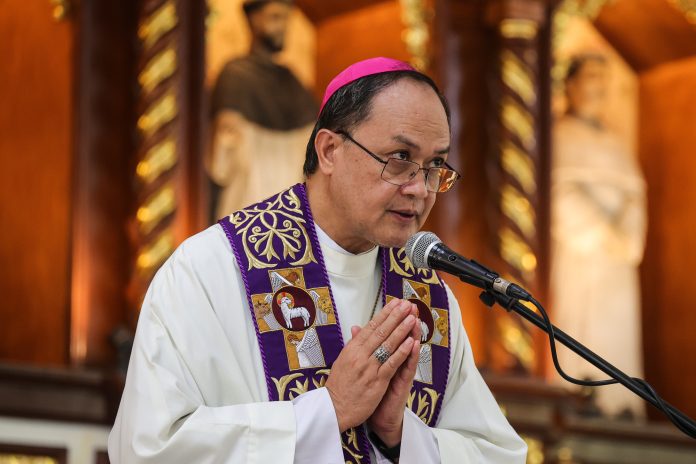When the news came out that our petition to Rome for the establishment of the permanent diaconate in the Philippines had been approved, it went viral on social media.
I did not realize that so many people found the idea of having married deacons in the Philippines a welcome development.
There were a few, however, who privately expressed to me their apprehensions about it. They thought of it as another “innovation” under the papacy of Pope Francis.
Obviously, there are many Filipinos who do not know that the reestablishment of a permanent diaconate open to married candidates happened already after Vatican II and has since existed in most Roman Catholic Dioceses around the world long before the papacy of Pope Francis.
When people react to Pope Francis and say that he is changing a lot of things and that things should just be left “the way they have always been since the beginning”, I shake my head and smile, wishing I could tell them, “You don’t know what you are talking about.”
Since Vatican II, the Church has actually been busy returning to its sources, especially the Scriptures and the Apostolic Tradition.
Today’s first reading from the first letter to Timothy, for example, was written in the first century.
It is not a novel proposal by some so-called “liberals” or “progressives” in the Church wanting to change Church doctrine and policies or introduce some innovations.
It is from the Apostle St. Paul himself laying down the requirements for bishops and deacons.
Take note, he is not requiring them to be celibates. Meaning, that these ministries were never meant to be exclusive to celibates.
But if some candidates are married, he says they should be “married only once.” If some of them get widowed, they are admonished not to get remarried anymore.
You see, we often forget that the exclusion of married candidates to the offices of bishops, presbyters, and deacons is actually a later development in Church history—already in the 11th century.
It is obvious that the reasons for this later decision to make the ordained ministries exclusive to celibates were more practical than theological.
The Latin Church went for an exclusively celibate-ordained ministry obviously on the presumption that celibates, unlike married clerics, would be relatively “low-maintenance,” if I may put it that way.
You may have also been surprised to hear about “women” among them—yes, women deacons.
There are those who are against the idea of making the diaconate open again to women the way it was in the first century and interpret the “women” mentioned by St. Paul as the wives of deacons.
Check out the footnoted commentary of the New American Bible produced by the US Conference of Catholic Bishops that says the interpretation of the “women” here as “women deacons” is to be preferred.
It says “If deacons’ wives were meant, a possessive ‘their’ would be expected. Moreover, they are also introduced by the word ‘similarly,’ …which suggests that they too exercised ecclesiastical functions.”
In Rom 16:1, Paul is endorsing a female deacon named Phoebe to the Romans.
The Eastern Catholic Churches, unlike the Roman or Latin Catholic Church, which is the only Christian tradition most Filipino Catholics are familiar with, have not followed this policy of restricting the ordained ministries to celibates.
Sometimes I feel that the Church is like the grieving widow of Nain in the Gospel, who touches the heart of Jesus.
How moved Jesus must have been to see this woman—instead of accompanying her youthful son to his wedding, walking by a hearse that carried his cadaver for burial.
He couldn’t afford to just watch such a pathetic sight. And so he went out of his way to rouse this young son man and bring him back to his widowed mother.
He would later do the same thing with another young man, Lazarus. He would command his friend to come out of the tomb and order the people to unbind him.
I imagine Jesus asking us also to do a lot of unbinding to bring the Church back to life again.
Homily Bishop Pablo Virgilio David of Kalookan for Tuesday of the 24th Week in Ordinary Time, 19 September 2023, 1 Tim 3:1-13 & Lk 7:11-17









